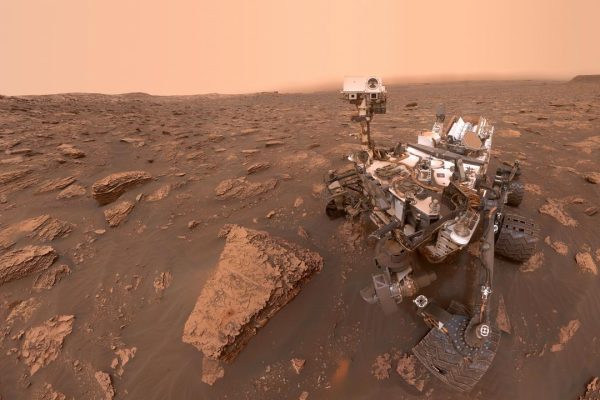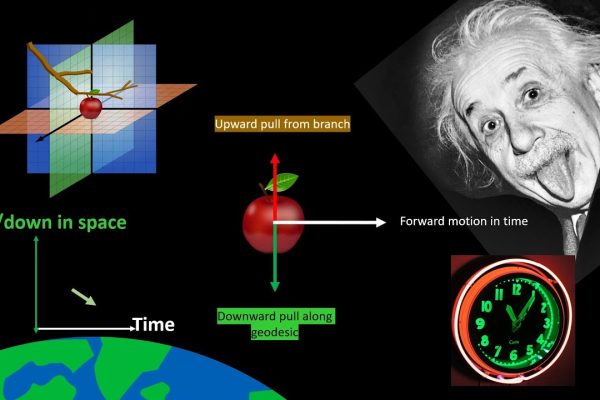
The Accidental Invention of the Microwave, From Radar to Kitchen Staple
The microwave oven, now a common fixture in kitchens around the world, was never originally intended to cook food. In 1945, engineer Percy Spencer was working on radar technology using magnetrons at Raytheon when he noticed a chocolate bar in his pocket had melted unexpectedly. Intrigued, he experimented by placing popcorn kernels and eventually an…









